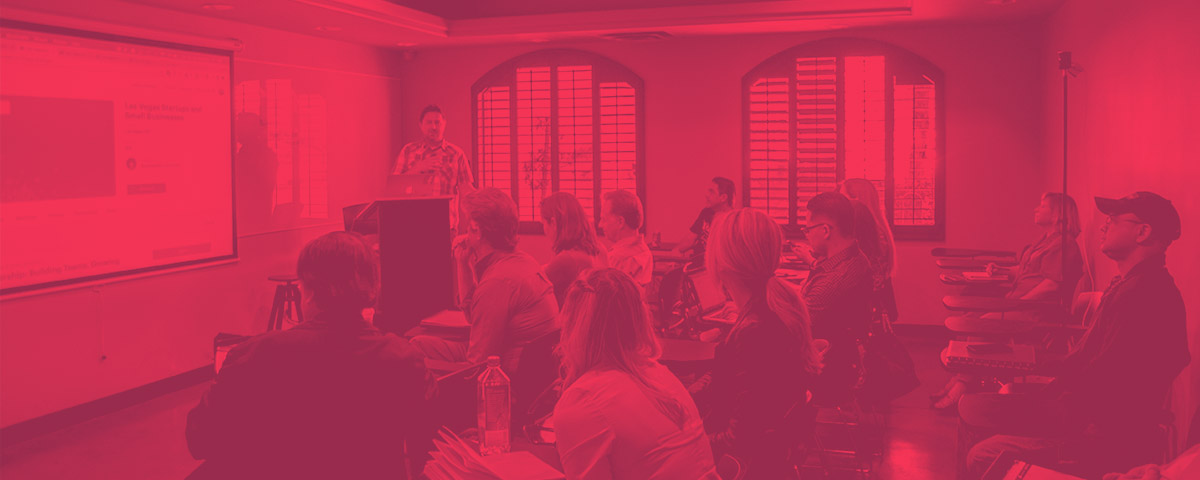1 - Pedagogy and Training Design
Schema della sezione
-

Learning outcomes
You will be able to:- Plan training activities.
- Be aware of best practices in training design for online, face to face and hybrid events.
- Understand how to work with diverse audiences.
- Know how to introduce and promote training materials.
- Be aware of training tools.
- Know how to create engaging courses, training materials, online training and run hackathons.
- Be aware of student engagement methods.
- Know how to evaluate impact of training.
- Know how to make training materials FAIR.
-
Presentation given during the second OpenAIRE Train-the-Trainer Bootcamp (05-09 Dec 2022)
The material used in this presentation is part of FAIRsFAIR introductory online course “Data Steward Training”. In this course, learners gain the skills and knowledge required to be a successful data steward and features module 2: Design training in easy steps. You will learn about:
- The role of pedagogy and learning activities to teach effectively.
- How to critically assess the reasons for organising training activities.
- How to create the training which meets the needs of your learners.
Reusable documents:
All materials are available to download from Zenodo under CC BY 4.0 licence and can be reused with the attribution to the authors unless otherwise stated.
Learning resources:Enrol on the coursehttps://moodle.learn.eosc-synergy.eu/course/view.php?id=132.
; - The role of pedagogy and learning activities to teach effectively.
-
Pedagogy and training design; finding a place for your training and messages in the competitive research landscape.
Presentation given during the first OpenAIRE train-the-trainer bootcamp (06-10 June 2022)
-
Based on Gwen Frank's persona cards presentation
Presentation given during the first OpenAIRE train-the-trainer bootcamp (06-10 June 2022)
-
Do you want to get more community involvement with your training material by making it Findable Accessible Interoperable and Reusable (FAIR)? The ten chapters provide guidance on how you can FAIRify your training material. This is an initiative of the ELIXIR FAIR training focus group, and based on the paper describing the 10 simple rules for FAIR training materials publication.
-
Training Coordinators’ Community of Practice (CoP) Task Force on “Learning resources quality assurance” presents a generic framework and discipline agnostic recommendations for the quality assurance of learning resources and catalogues of learning resources and/or training/learning platforms that contain such resources.
The generic QA framework defines the requirements that should be met in order to conduct QA in an efficient and effective way.
The recommendations focus on online learning resources and take the form of self-assessment checklists of criteria, which are sufficiently general to cover many fields of application, while still being easily adaptable to specific use cases.
In line with the generic character of the recommendations, content-related criteria (e.g. topics covered or accepted, accepted types and formats, etc.) are not elaborated on. On the other hand, in support of recent efforts towards establishing training platforms and catalogues of learning resources in Europe and beyond, special attention is paid to the criteria guiding the selection of resources to be included in a platform/catalogue.
-
Presentation given during the third OpenAIRE Train-the-Trainer Bootcamp (22-26 May 2023)

